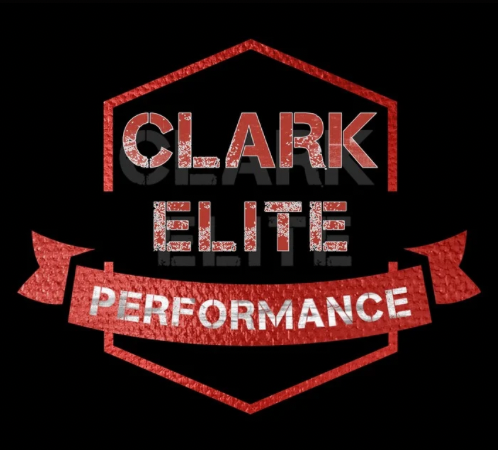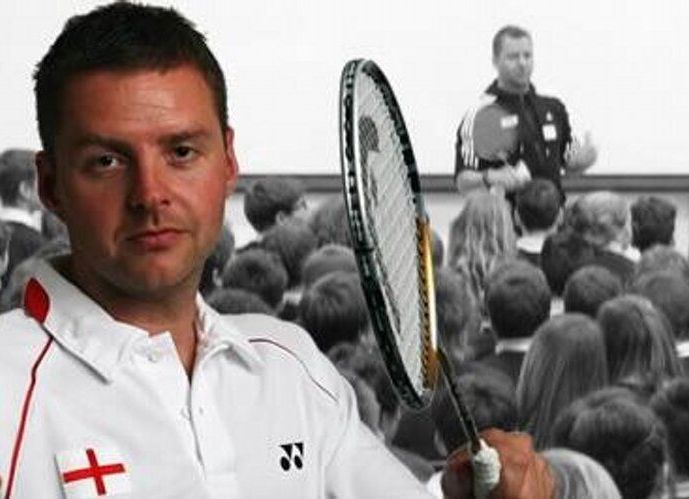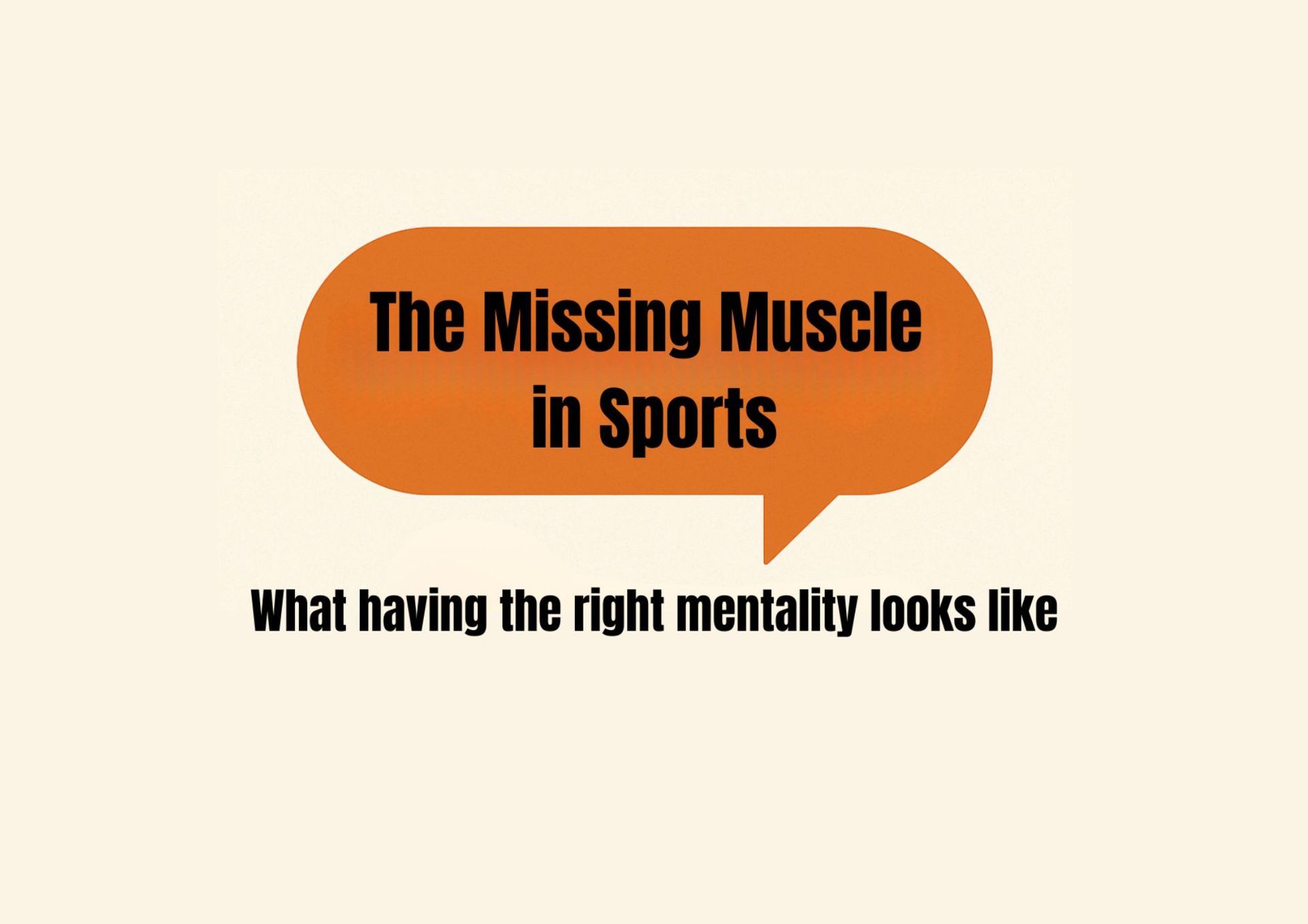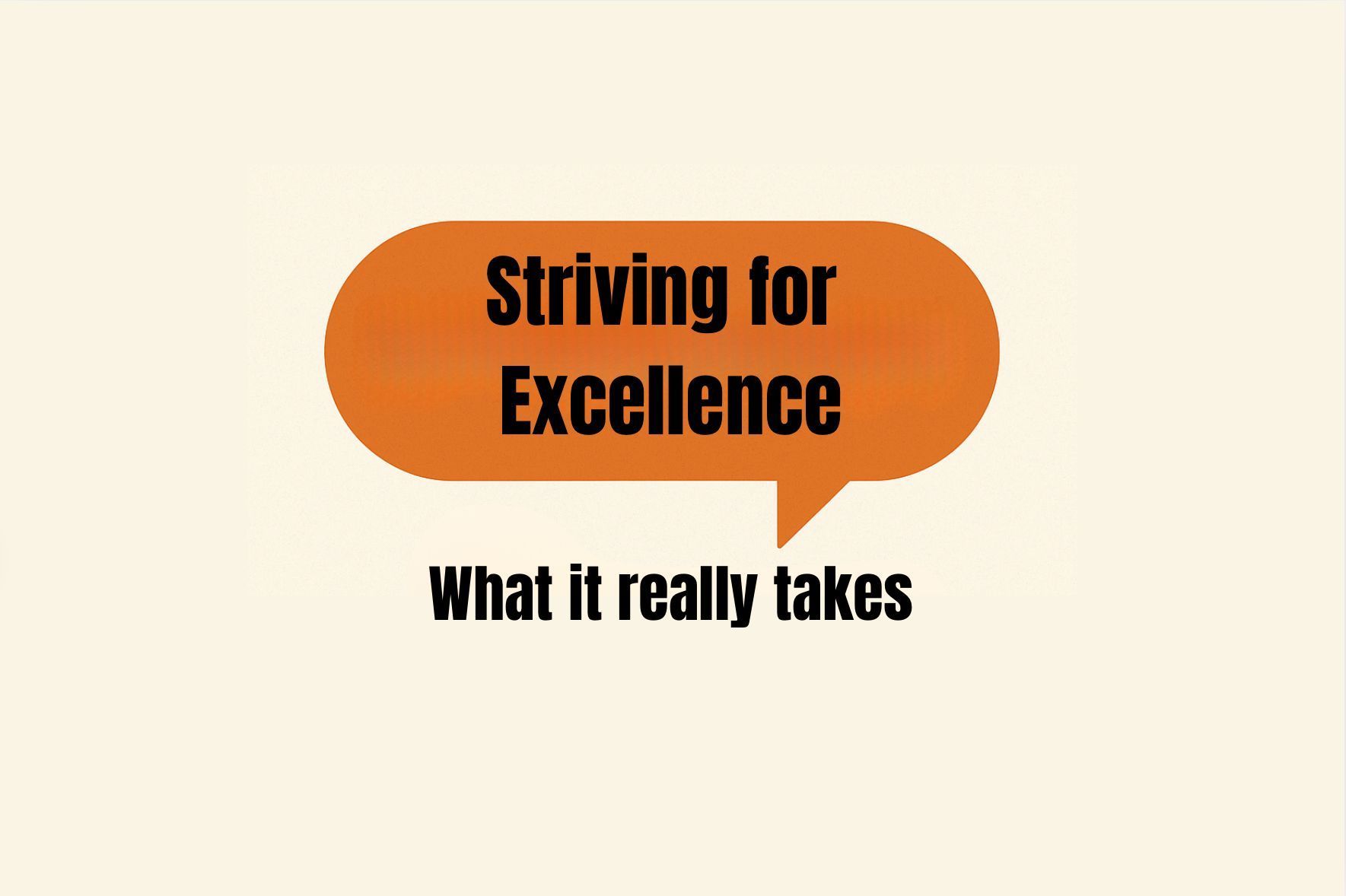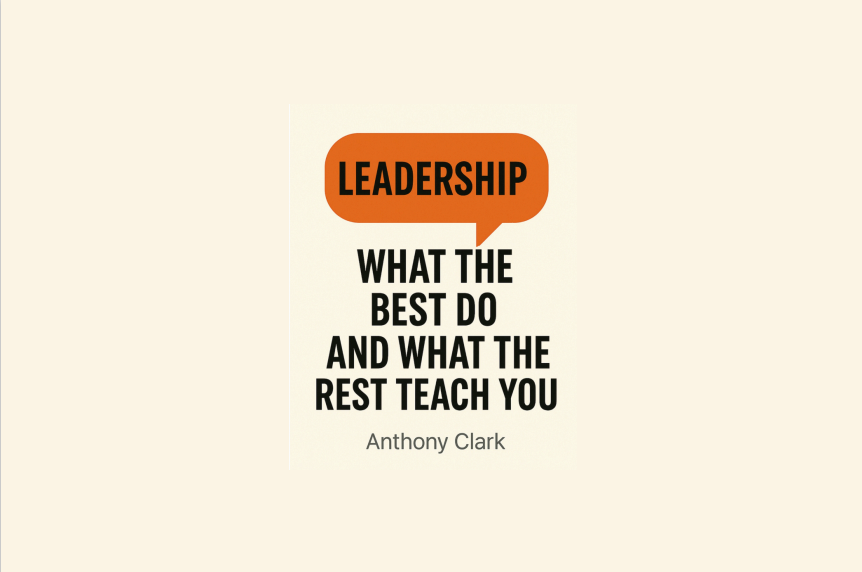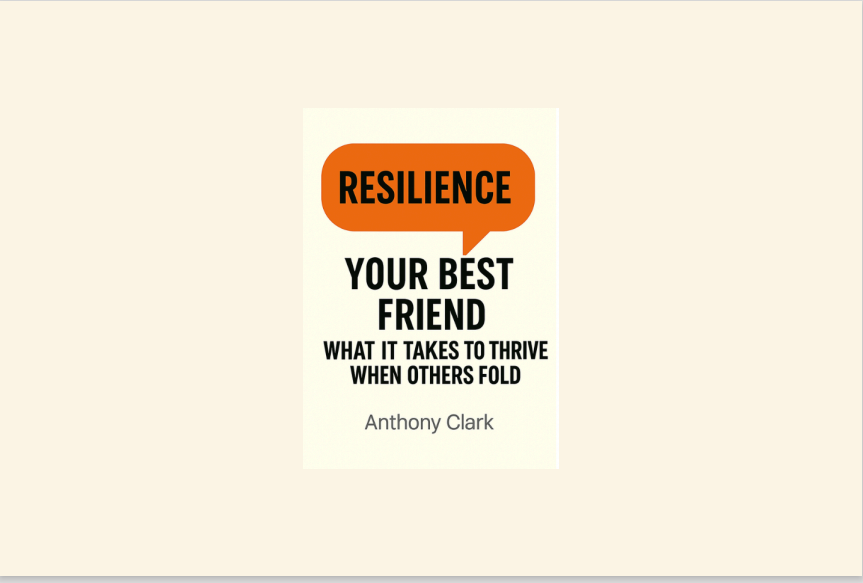Reflections on Decades in Elite Sport: The Power of Communication
Reflections on Decades in Elite Sport: The Power of Communication
After stepping away from the professional game at the end of January, I’ve had time to properly reflect on what truly drives success at the highest level.
It’s not just talent. It’s not just work ethic. It’s communication.
When I turned pro at 18, the pathway felt simple. Turn up. Train. Go home. Repeat. Communication was transactional. Someone told you what to do, and you did it. There was a clear hierarchy, and you were part of a system. That worked for a while.
But as life evolved. Getting married at 22, becoming a dad at 23. I started to realise how critical communication was. Not just in relationships at home, but in performance, trust, and progress on court. My wife used to say, “Make sure you talk to people. Find out everything you can.” That stuck with me. From that point on, I stopped viewing communication as instructions and started seeing it as connection.
I made it a habit to have lunch with my coaches, grab coffee, get to know them beyond the badminton court. I didn’t just want to know what they thought. I wanted to understand who they were. Those conversations created real trust. That trust built better feedback. And that feedback made me better.
Some of my early coaches didn’t speak much English. But their intent, body language, and presence said more than words ever could. One, in particular, taught me about discipline, hard work, and sacrifice without saying much at all. He showed me that communication doesn’t have to be verbal, it has to be consistent, meaningful and felt.
Over time, the coaches I trusted the most became part of my life. They involved my family. They understood that to get the best out of me on court, they had to make sure things were steady off it. That level of care is communication. It’s not part of the job description, but it’s the part that makes all the difference.
The very best coaches I worked with mastered the art of small, daily communication. They didn’t overload. They dropped in the right message at the right moment. Week after week, they empowered me with knowledge until I could take ownership of my own decisions. Eventually, I didn’t need constant technical input. What I needed was perspective, clarity, and sometimes just a space to think. That’s high-level communication.
But the truth is, I didn’t fully understand the power of communication until I left the athlete bubble. When you’re in it, everything’s go-go-go. You don’t pause to notice the conversations that made the difference, or the moments someone really got through to you. It’s only when you step away that you realise how vital those moments were.
When I transitioned into coaching, first as Poland’s Olympic coach and then as England’s national coach. I saw the full spectrum of communication challenges.
Early in my coaching career, I saw the power of a strong team culture. Communication wasn’t just top-down. It moved across the group. Senior athletes reinforced key messages, supported younger teammates, and created a sense of shared responsibility. If I introduced something in training, it echoed through the team because everyone played a role in carrying the message.
Later, at the elite level, I encountered a very different environment. These athletes were world-class. Driven, focused, and often highly individual. Communication became a daily balancing act. Some wanted complete autonomy. Others needed clear, step-by-step guidance. Some pushed back when questioned; others needed to be challenged to open up. There was no universal approach. You had to read the moment, read the person, and adapt your delivery. Not just to the athlete, but to the context they were in.
It taught me that being a good communicator is about them, not you. You don’t communicate to tick a box. You do it to connect, to challenge, to support. If you get it wrong, you lose trust. Once that’s gone, performance suffers.
I carried those lessons into my work outside elite sport into schools, universities, and coaching younger players. I trained in mentoring and communication techniques. I learned that the most powerful shift comes when you stop telling, and start asking. When you create a space where someone can explore their own answers, not just take yours.
And the irony is, the better you become at this, the more “redundant” you become. That’s the point. The best coaches, communicators, and mentors don’t need to do everything. They guide from the shadows. They make themselves unnecessary! because they’ve empowered the individual to think, to adapt, and to own their development.
Of course, not every athlete wants that. Some don’t want to reflect. Some don’t want to be questioned. They believe they’ve got it covered. That’s where communication becomes hard work. But you still have to show up. Keep offering. Keep listening. Because you never know when the right message might land.
I’ve always been told be a sponge. Take in every bit of advice you can. And talk. Talk to your coach. Your teammates. Your family. Communication is never one-way. It has to be built on mutual understanding, clarity, and a shared sense of purpose. Only then can people perform under pressure and thrive when it really matters.
So, if I’ve learned anything in 29 years, it’s this: communication isn’t a soft skill. It’s not a luxury. It’s the engine that drives performance, trust, and ultimately, success.
And we all need to get better at it.
